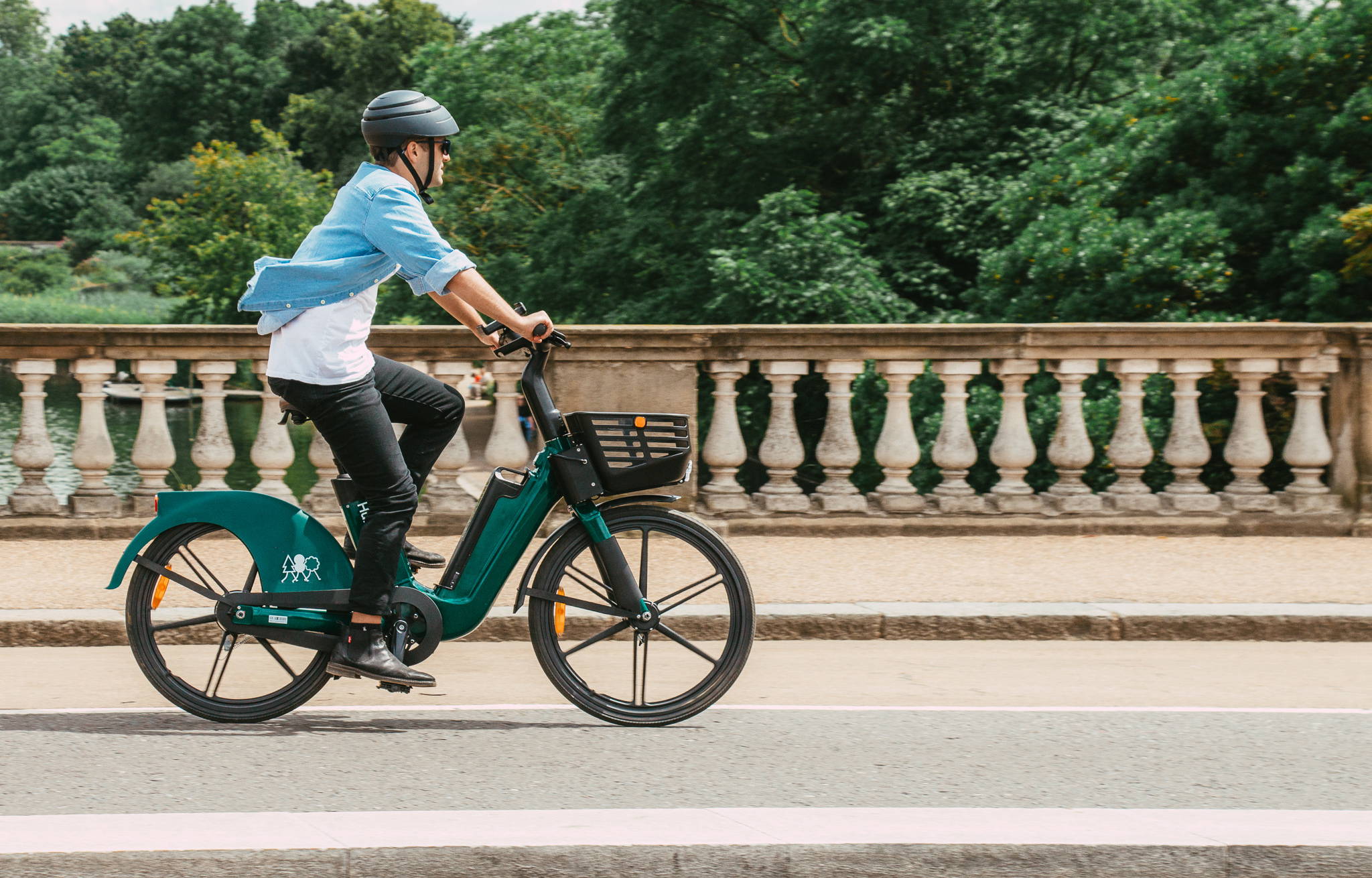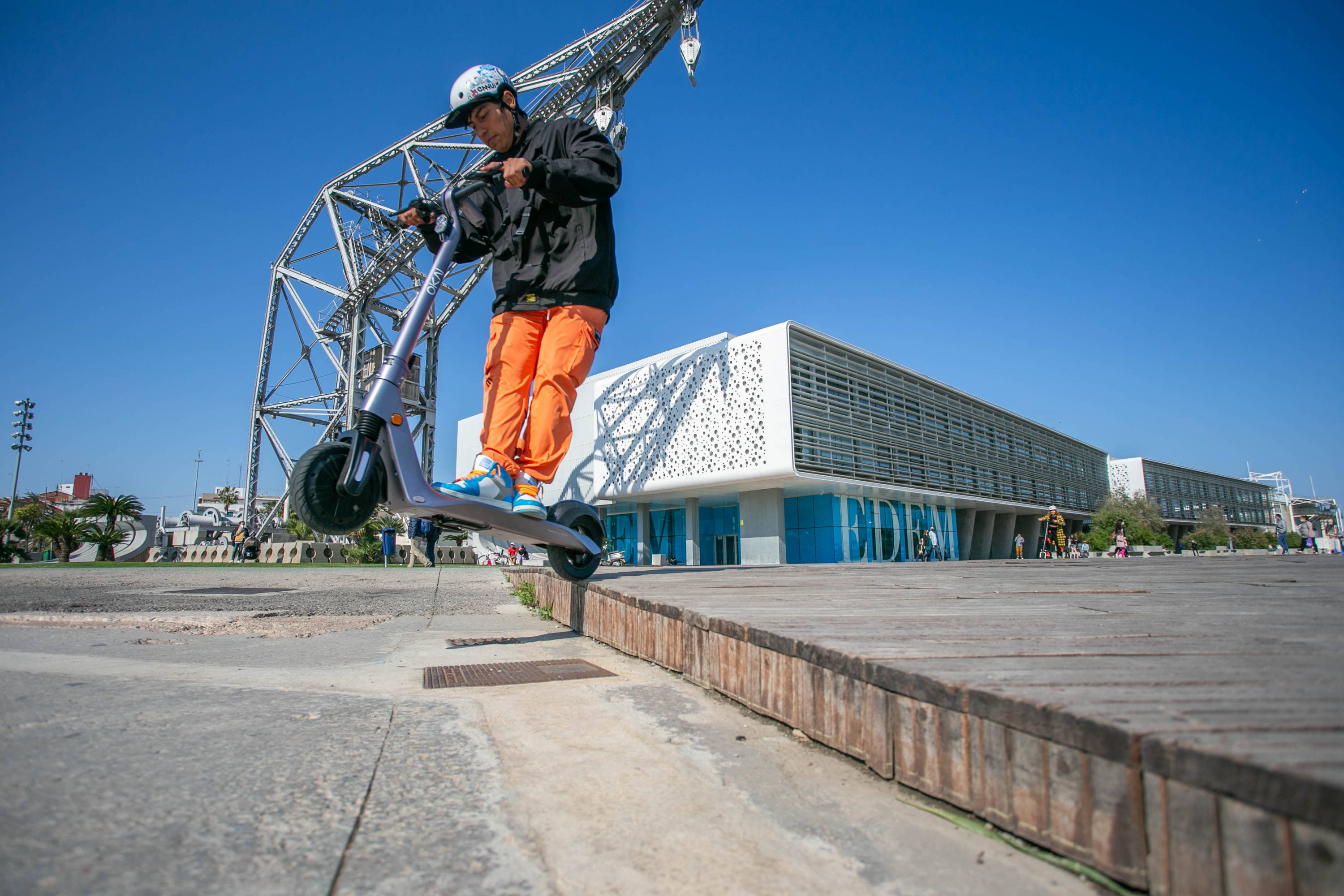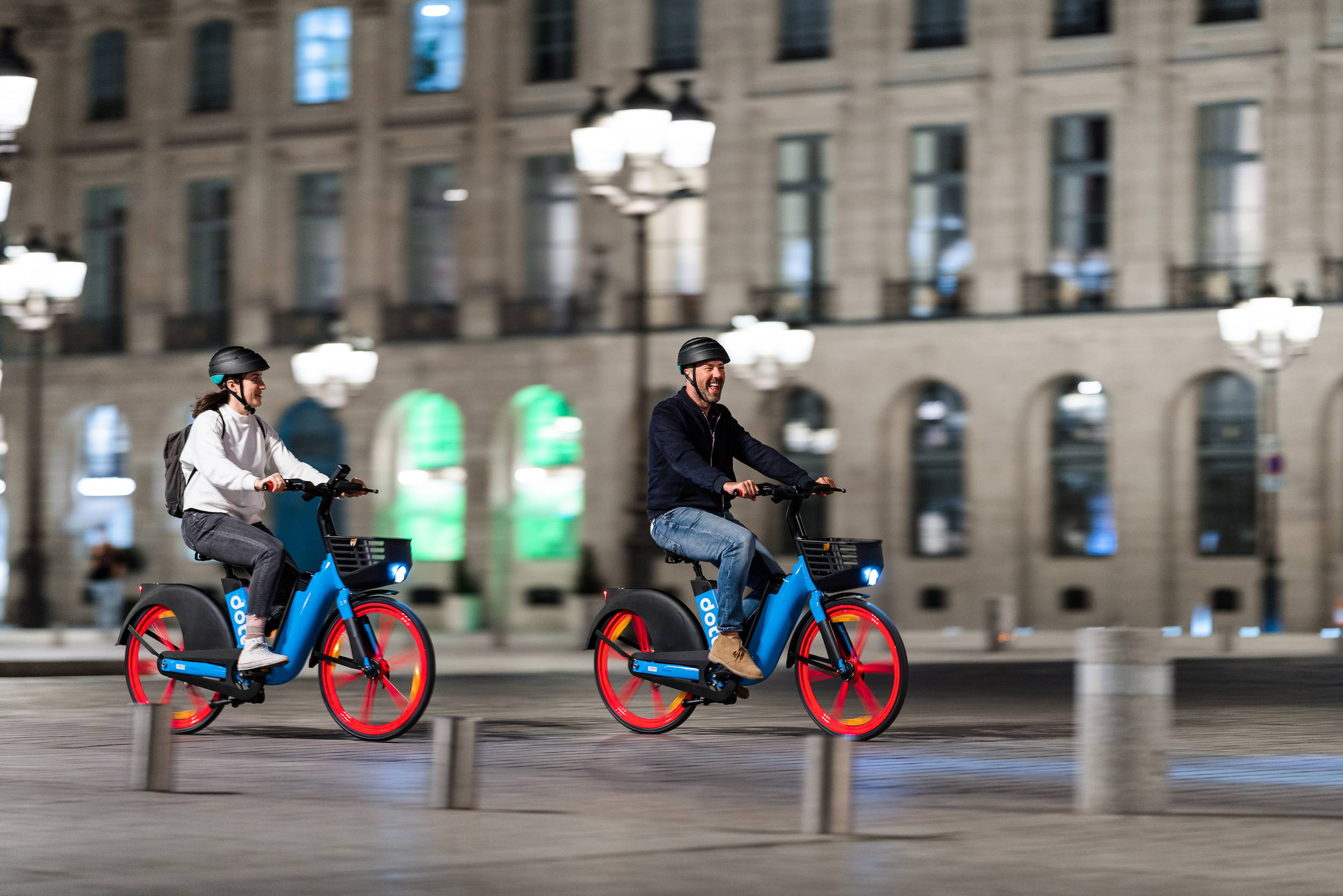Okai News - October 2021

News from Okai
- This year’s Wunder Mobiltiy Summit was a blast. With MOVE London is coming up next, please let us know if you are planning to be there.
- Congrats to DOTT for launching new Okai vehicles in Paris.
- We’ve officially renamed the ES20 folding e-scooter. It’s now called NEON and it will be coming to you soon—sign up for updates and be the first to own one.
- With the EB10, we will soon bring a high-quality electric city bike to the consumer market.
- The deadline for spring 2022 orders is November. Make sure to place your order soon if you want to receive shared scooters or bikes in Q1.
Latest Reports
- Americans are still buying up bikes like crazy in the wake of the pandemic. Newly released figures show sales revenue for cycling equipment grew 15% in the 12 months leading up to July 2021. What’s even crazier is that revenue for e-bikes jumped by a mind-blowing 240% during the same period.
- Dutch e-bike maker VanMoof unveiled a new high-speed model that’s capable of going 37mph. However, seeing as the legal speed limit for e-bikes is much lower in most countries, riders shouldn’t count on being able to go that fast when shipments begin late next year.
- Bird debuted a new scooter ADAS that uses GPS sensors to detect and prevent sidewalk riding. Notably, the company says its technology is up to 20x less expensive than similar systems that rely on cameras.
- Over the past year, the use of biking directions on Google Maps has increased by up to 98% in cities around the world.
- It’s been an incredibly active period for capital allocation in the micromobility space. In the last month alone, Berlin-based Dance took in $19.4M for e-bike subscriptions; Sweden’s Cake closed $60M to ramp up manufacturing for its electric motorcycles; Ola Electric raised $200M at a valuation of $3B following the highly successful rollout of its first two models of mopeds; Latin American micromobility operator Tembici netted $80M in Series C; utility motorbike maker Ubco scored $10M through a new strategic partnership with TPK Holdings; Swft, which sells a lineup of personal EVs that includes hoverboards, bikes, and mopeds, brought in $10M in seed funding; and Bird scooped up $150M in vehicle financing ahead of its SPAC deal. Phew. Did we miss anybody?
- Gogoro, the Taiwanese startup best known for providing swappable battery infrastructure for EV mopeds, plans to go public at a $2.35B valuation by merging with a SPAC called Poema Global. The move comes while the company is in the midst of expanding in China.
- A 15mph speed limit is expected to be introduced across the city of London in 2022. If the rule goes into effect, it will slow cars to a crawl and make the streets far safer for all road users.

What We're Reading
A new article in Nature magazine urges auto companies to make electric vehicles lighter to maximize climate and safety benefits. The piece focuses on a major trade off of the EV transformation: Electrifying cars adds weight, and heavy vehicles are worse for pollution and more likely to kill people in crashes. The authors believe the answer is to spur the development of small cars by shrinking batteries, building lighter frames, and taxing SUVs and pickups. But we would encourage them to go a step further. What if instead of making less giant cars, we built personal mobility devices that are sized according to the weight of their riders?
♾️ Highway history repeats itself
Why do cities continue to spend billions on highway expansion every year when we’ve known for decades that adding new lanes only worsens congestion? If a new article in Bloomberg CityLab is to be believed, it’s because powerful interests across the political spectrum have a strong financial incentive to pave everything in sight. As one expert put it: “The highway construction system has vast momentum. It has the authority of highway contractors, builders and labor unions. Here is something that labor and management really can agree on: a highway contract.”
🙅Electric isn’t cheating
The Washington Post recently interviewed a variety of experts to find out how electric bikes compare to regular bikes as a form of physical exercise. The consensus is that, even though e-bike users burn fewer calories per mile than conventional cyclists, the difference is cancelled out by the fact that electric assist encourages people to bike more frequently and travel longer distances. “‘Because e-bikes take the sharp edges off the biking experience, people use them more, they go more places, travel further, have more fun and most of the time feel safer,’ Cherry said. ‘And the more you ride an e-bike, the more you get that moderate physical activity we could all use.’”
🔑 Picking the lock
From San Francisco to Washington DC, an increasing number of cities have recently begun requiring shared scooters be secured to bike racks or sign posts with cable-style locks in-between trips to eliminate tripping hazards for pedestrians. But do so-called “lock-to” mandates actually make sidewalks any safer, or do they just shift the responsibility for protecting vulnerable road users from automobiles to scooters? Urban policy wonk David Zipper voices skepticism: “Steps like banning right-on-red, completing bike networks, and redesigning dangerous arterials... would protect vulnerable road users, but they risk antagonizing drivers — many of whom vote. Shared e-scooters may be mostly innocuous, but they present an easier target, especially because cities control companies’ operating permits.”
🪶 Champion of the featherweight division
Wired profiles Tour de France legend Greg LeMond, who in his post–professional cycling career, is hell-bent on building an ultralight e-bike that can jumpstart a US carbon-fiber boom and inspire more people to commute on two wheels. Quite a tall order. As reporter Adrienne So writes: “Is it even remotely possible for a bike to reduce carbon emissions, revitalize domestic manufacturing, bring a new technology into the light of day, and secure the legacy of an American legend? Within a matter of months, or years? LeMond thinks so.”


















